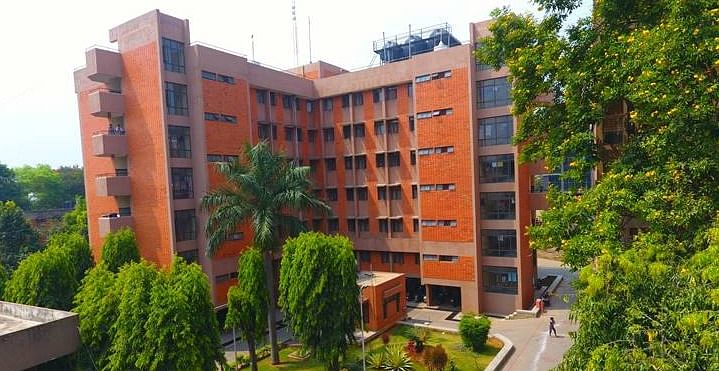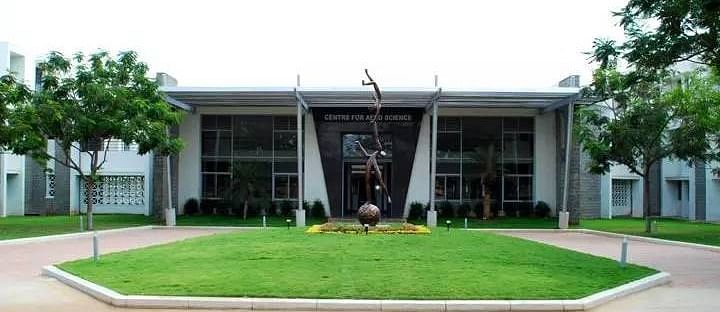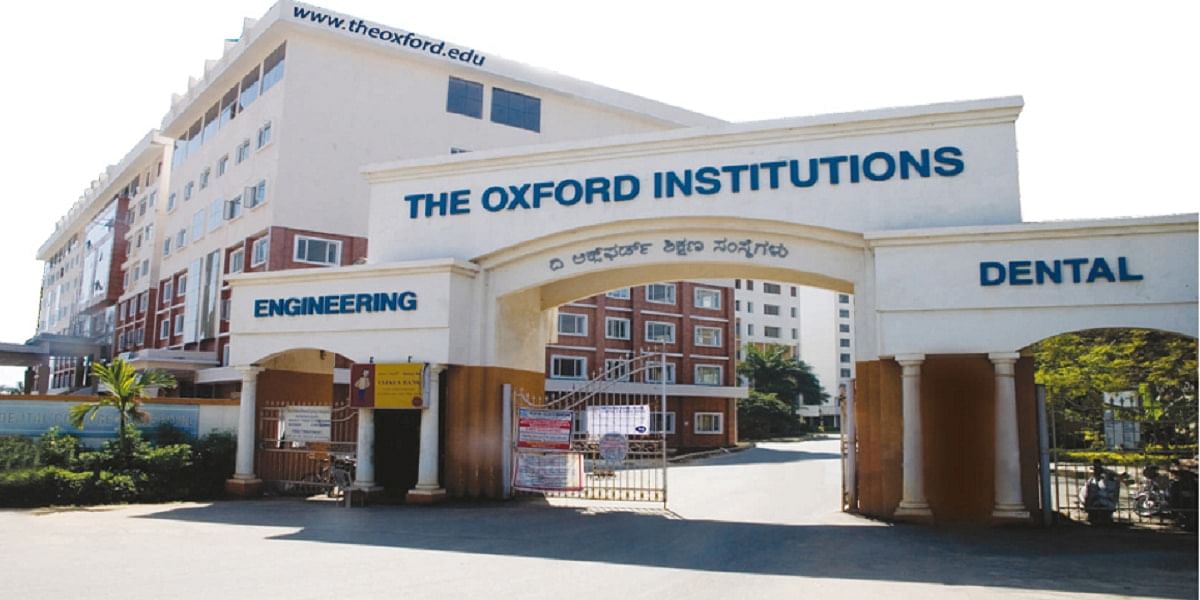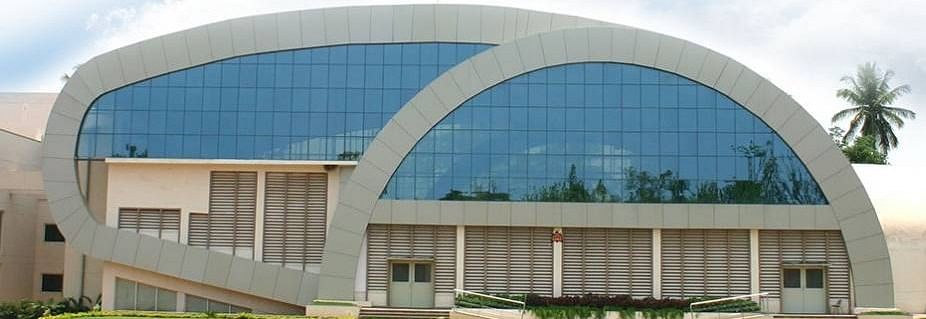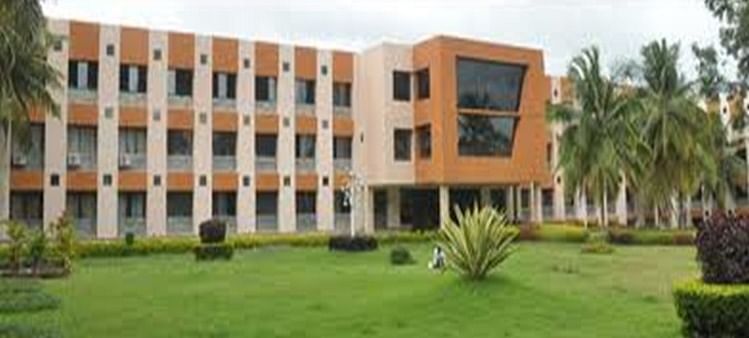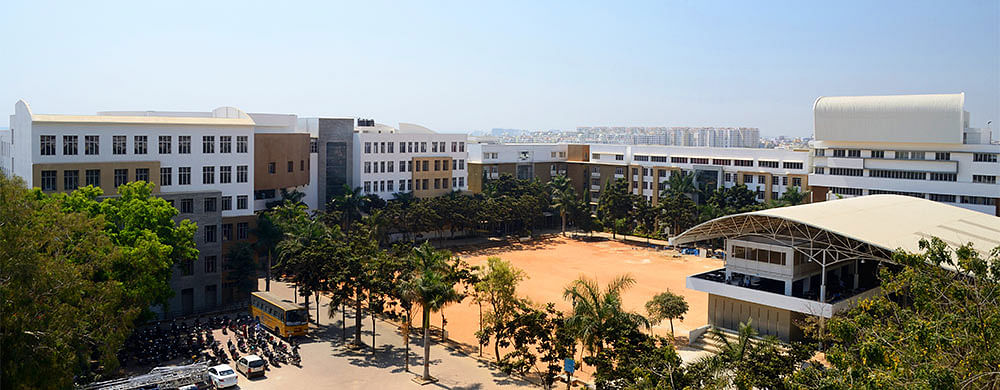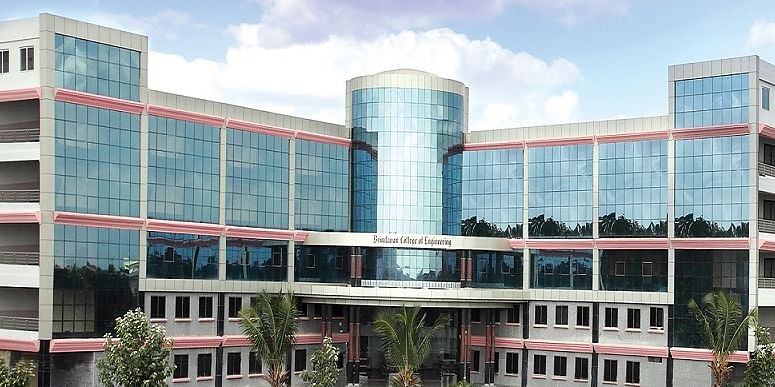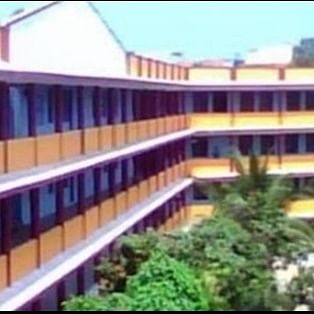BE Information Science and Engineering Syllabus and Subjects

BE Information Science and Engineering is an interdisciplinary subject that includes Computer Science, Mathematics, Social Science, and Management. Students can also choose from a variety of electives offered by the course. The Bachelor of Engineering in Information Science and Engineering is a four-year undergraduate course that emphasises scientific and technological advancement.
BE Information Science and Engineering Syllabus
The BE Information Science and Engineering course is divided into four semesters and lasts four years. Students are introduced to Fundamentals of Engineering, Computer Science, Physics, and Mathematics during their first year through the BE Information Science and Engineering course. The remainder of the semester is devoted to capstone projects and real-world projects. The following is a detailed Bachelor of Engineering Information Science and Engineering syllabus organised by semester:
|
Semester I |
Semester II |
|
Mathematics-1 |
Mathematics- 2 |
|
Chemistry |
Material Science |
|
Physics |
Environment Science |
|
Basics Civil and Mechanical Engineering |
Basic Electrical and Electronics Engineering |
|
Engineering Mechanics |
Thermodynamics |
|
Communicative English |
Computer Programming |
|
Practical Lab |
Practical Lab |
|
Semester III |
Semester IV |
|
Mathematics-3 |
Mathematics-4 |
|
Data Structure with C |
Analysis and Design of Algorithms |
|
Logic Design |
Graph Theory and Combinatory |
|
Unix and Shell Programming |
Object-Oriented Programming with C++ |
|
Discrete Mathematical Structure |
Microprocessors |
|
Practical lab |
Computer Organization |
|
Electronics Circuits |
Practical Lab |
|
Semester V |
Semester VI |
|
Software Engineering |
Computer Networks 2 |
|
Operating System |
Database Applications |
|
System Software |
File Structure |
|
Computer Networks 1 |
Information System |
|
Database Management System |
Elective 1 |
|
Formal Languages and Automata Theory |
Management and Entrepreneurship |
|
Practical Lab |
Practical Lab |
|
Semester VII |
Semester VIII |
|
Object-Oriented Modeling and Design |
Software Testing |
|
Programming the web |
Mobile Computing |
|
Software Architectures |
System Modeling and Simulation |
|
Data Mining |
Elective 3 |
|
Elective Subject 2 |
Elective 4 |
|
Practical Lab |
Practical Lab |
BE Information Science and Engineering Subjects
The BE Information Science and Engineering course aims to make aspirants ready with technical knowledge to handle the ever-growing IT sector. The entire course is structured mainly around the principles of Computer Science, Mathematics And Engineering. Students can choose electives based on their preferences and interests for future career development and goals. Below are the BE Information Science and Engineering subject list:
- Mathematics
- Database Management
- Mechanical Engineering
- Civil Engineering
- Computer Applications and Software Design
BE Information Science and Engineering Course Structure
BE Information Science and Engineering includes a wide range of core and elective courses. The course is divided into eight semesters over four years, with the emphasis on Software Development, Mechanical Engineering, Civil Engineering, Applications Demo-Testing, and Information Systems, among other things. Electives can be chosen by aspirants based on their interests and preferences. BE Engineering and Information Science Course include:
- Four Years
- Core And Elective Courses
- Capstone Projects And Real-Time Projects
- Internships And Workshops
BE Information Science and Engineering Teaching Methodology and Techniques
BE Information Science and Engineering is all about hands-on experience and real-world projects. Students are taught how to create software applications and run demos. The laws and theories of physics, chemistry, mathematics, and engineering are given special attention. Many real-world projects combine action-based teaching methods with traditional teaching methods. Students are encouraged to be strong with their building products, software applications, and development, as well as their knowledge of physics, mechanics, and computer applications, in their final year projects. In nutshell, teaching structure includes:
- Case Studies
- Capstone Projects
- Real-time Projects
- Company Workshops
- Internships
- Practical Sessions
BE Information Science and Engineering Project
The BE Information Science and Engineering projects topics are based on workshops and seminars conducted by universities in collaboration with companies. Graduates are ready to work in a real-world environment. The projects allow them to demonstrate their abilities and strategies while also motivating them to deal with real-world situations. Some of the projects are listed below:
- Density Based Traffic Controlling System With Android Override
- Android Controlled Notice Board Project
- Android Based Home Automation System
- Home Appliance Control Using Android Application
- Robot Controlled By Android Application
- Android Controlled Remote AC Power Control
- Android Controlled Remote Password Security
- DC Motor Speed Control By Android
BE Information Science and Engineering Reference Books
There are various books that touch on different topics on the BE Information Science and Engineering course syllabus. These books provide guidelines and basic information on software development and business theories. Listed below are some BE Information Science and Engineering books for reference:
|
Name of Book |
Author |
|
Fundamentals of Computer Algorithms |
Sahni Horowitz |
|
Introduction To Algorithms |
Thomas H.Cormen |
|
Data Structure And Algorithms |
Aho, Ullman & Hopcroft |
|
Operating Systems Principles |
Silberschatz, Gange & Galvin |
